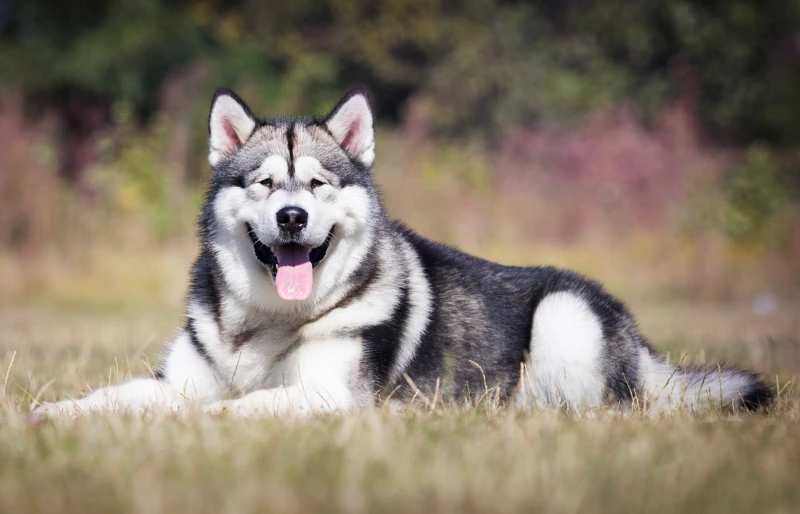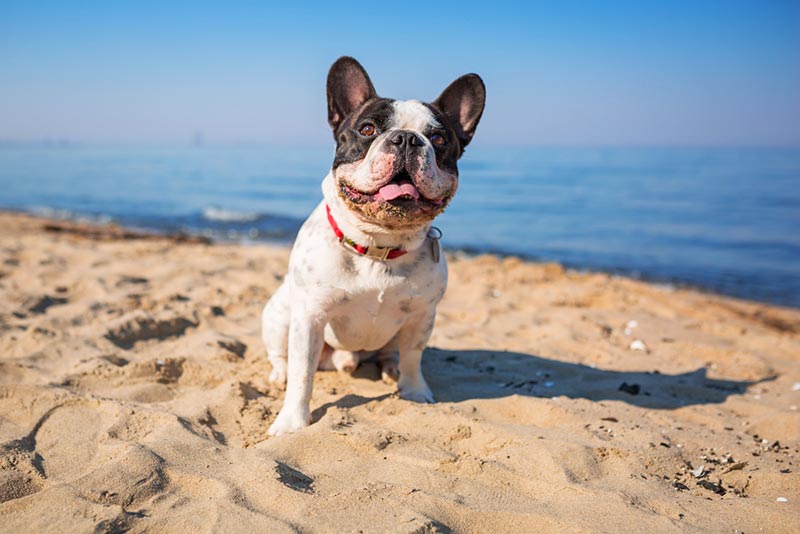What Were Poodles Bred For? Origins, Roles & History

Updated on
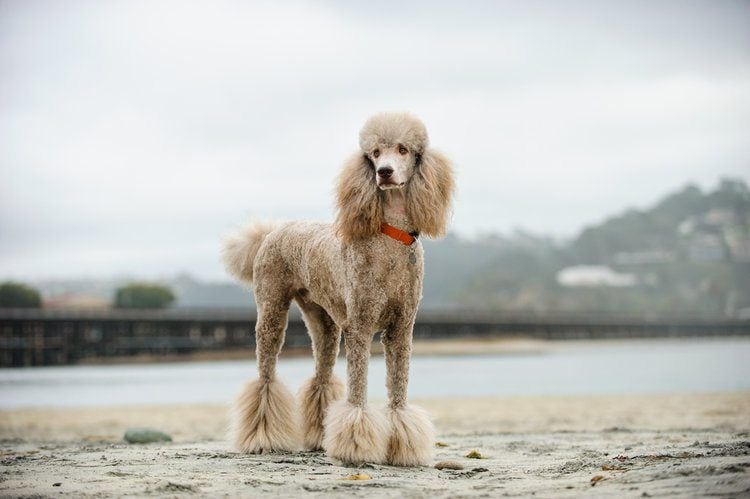
Thanks to movies like Look Who’s Talking Now, Oliver Twist, and countless others, Poodles have a place in pop culture as “snooty” or “froufrou” dogs. With their sparkling collars and signature grooming, Poodles are associated with affluent and cushy lifestyles.
That’s a far cry from the breed’s history, however. The Poodle was originally bred as a working farm dog. It was used to herd livestock and hunt and retrieve game. Let’s learn more about the origin of this distinctive breed.
Origins of the Poodle
Historians haven’t identified exactly when Poodles emerged as a distinct breed. We do know that Romans had carved dogs that looked like Poodles on tombs as early as 30 AD, and they’ve been pictured on Greek and Roman coins.
Often called French Poodles, most historians believe that Poodles came from Germany. It’s also possible that dogs from France and Russia also contributed to the modern Poodle breed, and other theories suggest that Poodle ancestors may have come from Portugal or Spain.
One of the reasons that the Poodle is believed to come from Germany is the name. Poodle (Pudel in German) is derived from the low German word “puddeln,” which means “to splash.” This follows with one of the dog’s main tasks, which was retrieving shot game for waterfowlers.
This is also supported by its coat. The breed’s distinctive coat clipping may look froufrou, but it has a purpose. The coat around the chest protects and insulates the vital organs, while the shorn back and hindquarters reduce drag while swimming. The tufts of hair on the legs help with traction in the water.
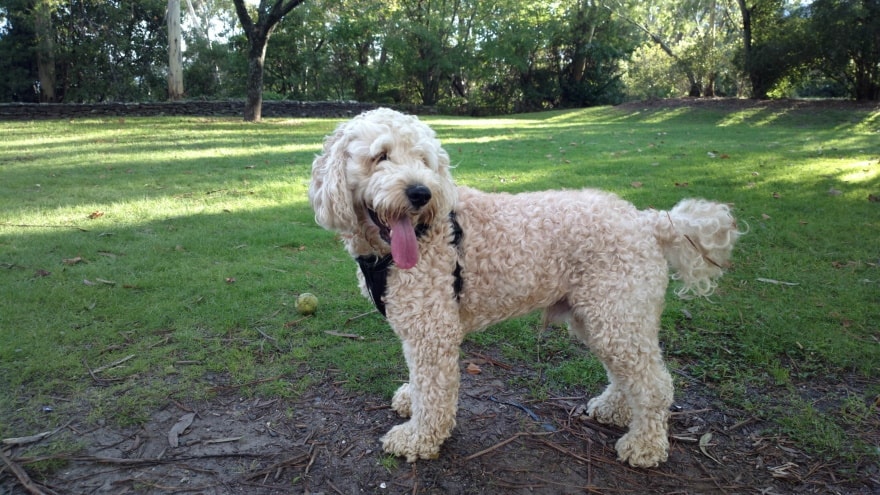
The Many Jobs of the Poodle
Poodles are best known as waterfowl dogs, and the meaning of their name and signature coat clipping support this. The breed has been used for much more over the years, including as a circus dog and a truffle dog (a dog that hunts for truffles).
In the 17th century, the Poodle was used as a working dog in the military. As a bred gundog, the Poodle was comfortable on the battlefield and could be trained to ignore gunfire. War stories from Napoleon and Prince Rupert of the Rhine speak of the faithful poodles that went to battle with their masters.
The breed’s intelligence, athleticism, and obedient nature helped it excel at many different tasks, including French circuses. Poodles in the circus would perform different high-level tricks, such as performing alongside actors in shows, walking tightropes, and acting in magic shows.
Modern Poodles retain much of this versatility and are among the easiest dogs to train. Poodles can be taught to perform well in various dog sports, including dock diving, agility, surfing, disc dog, flyball, and even the prestigious Schutzhund. They’re also popular as service dogs.
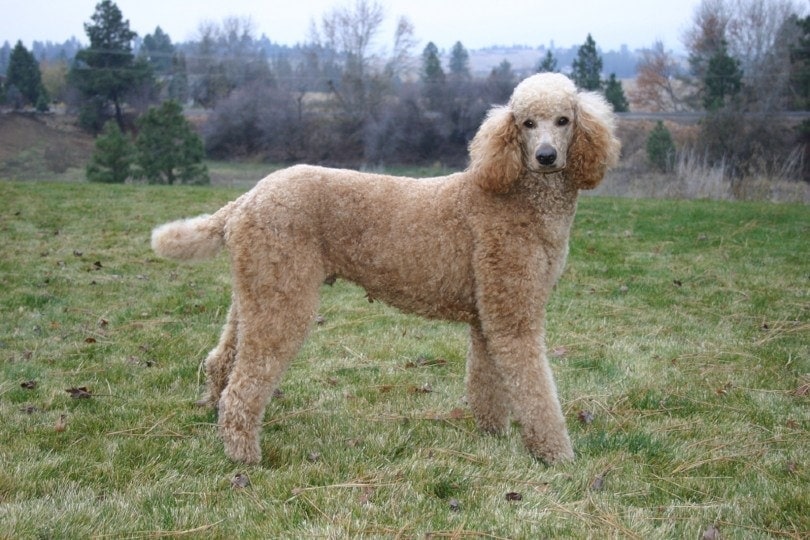
Poodle Varieties
The standard Poodle, which is the iconic version of the Poodle, was the only Poodle we knew of for centuries. Eventually, the Poodle was bred down to smaller sizes, possibly from the French circus, and now has three sizes: standard, miniature, and toy.
Though the three varieties are different sizes, they’re all judged to the same breed standards for appearance. Standard and Miniature Poodles are classed by the American Kennel Club as Non-Sporting Dogs, while the Toy Poodle is classed as a Toy dog.
Poodles were also included in the crossbreeding efforts to create “designer dogs” with the goal of creating offspring with Poodle intelligence and low-maintenance grooming needs combined with the traits of the crossbreed. All sizes were crossed with other breeds, creating mixes like the Labradoodle (Labrador Retriever and Poodle), the Schnoodle (Schnauzer and Poodle), and the Pekapoo (Pekingese and Poodle).
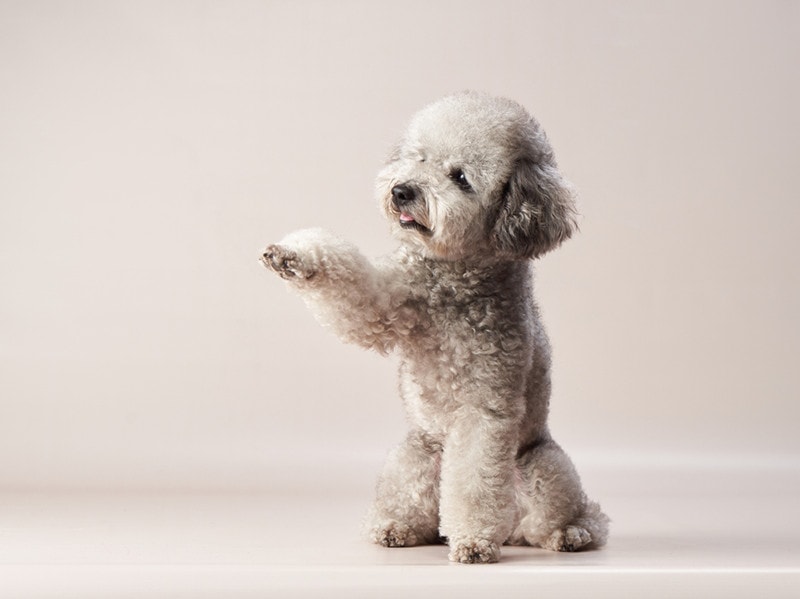
Conclusion
The Poodle may have a snobby reputation in pop culture, but this breed is far from delicate. From their early days as war dogs and retrievers to their current roles as companions, service dogs, and agility dogs, Poodles have proven themselves capable of excelling at numerous roles.
See Also:
- Male vs. Female Poodle: Pros, Cons, & Difference (With Pictures)
- Do Poodles Bark a Lot? Vet-Reviewed Tips, Facts & FAQ
Featured Image Credit: everydoghasastory, Shutterstock


